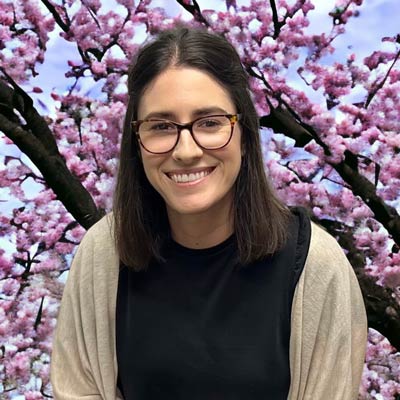
I am excited to introduce you to is Dr. Andrea Seldomridge, who is currently a psychological associate (PSB94026434) working closely with me as I have the privilege of supervising her work (Dr. Erica Wollerman, PSY25614). She is one of the most intentional and detail oriented therapists that I have ever worked with and brings a depth of knowledge and understanding to her clinical work that is pretty impressive! She has rare new client openings even in afternoons!
Who do you Love working with?
I love working with children, teens, and young adults. Getting to walk alongside clients and witness both their struggles and growth is a true privilege. As a queer therapist, working with members of the queer community is something near and dear to me. I love having conversations around what it means to develop a queer identity! Additionally, I love working with folks experiencing anxiety, school stressors, religious issues, interpersonal resolution challenges, identity development, and transitions into young adulthood.
What should potential clients know about you and your style in therapy?
I like to strike a balance between structured and unstructured. I often will bring in tools that may help them with what they’re coming in for, such as depression or anxiety. However, I always want to meet the client where they’re at and utilize a more conversational and organic approach.
What is your favorite parenting tip or recommendation?
Less is more! Often it can be so hard seeing kids and teens about to make mistakes. Instead of stepping in each time, allowing them to make mistakes can be such a great way to help them grow, mature, and build confidence.
What advice would you like to have received when you were younger?
Whatever you are anxious about likely won’t matter in a year, so you will get through it!
What do you like to do in your free time?
I love to run (aka go on “gentle jogs”), throw a lacrosse ball around, and watch a movie and make popcorn each weekend.
At Thrive, we take a positive, client-centered approach to therapy that is focused on creating a genuine connection with our clients. If you would like to talk with Jennifer Gonzalez, or another Thrive therapist about yourself, your child, or teen attending therapy we offer in person and video sessions, please reach out to us by phone at (858) 342-1304.
Sign up for our professional newsletter today!
To stay in the loop on the services offered and to receive updated information about Thrive, please feel free to sign up for the newsletter
Reach out to start
your healing journey

